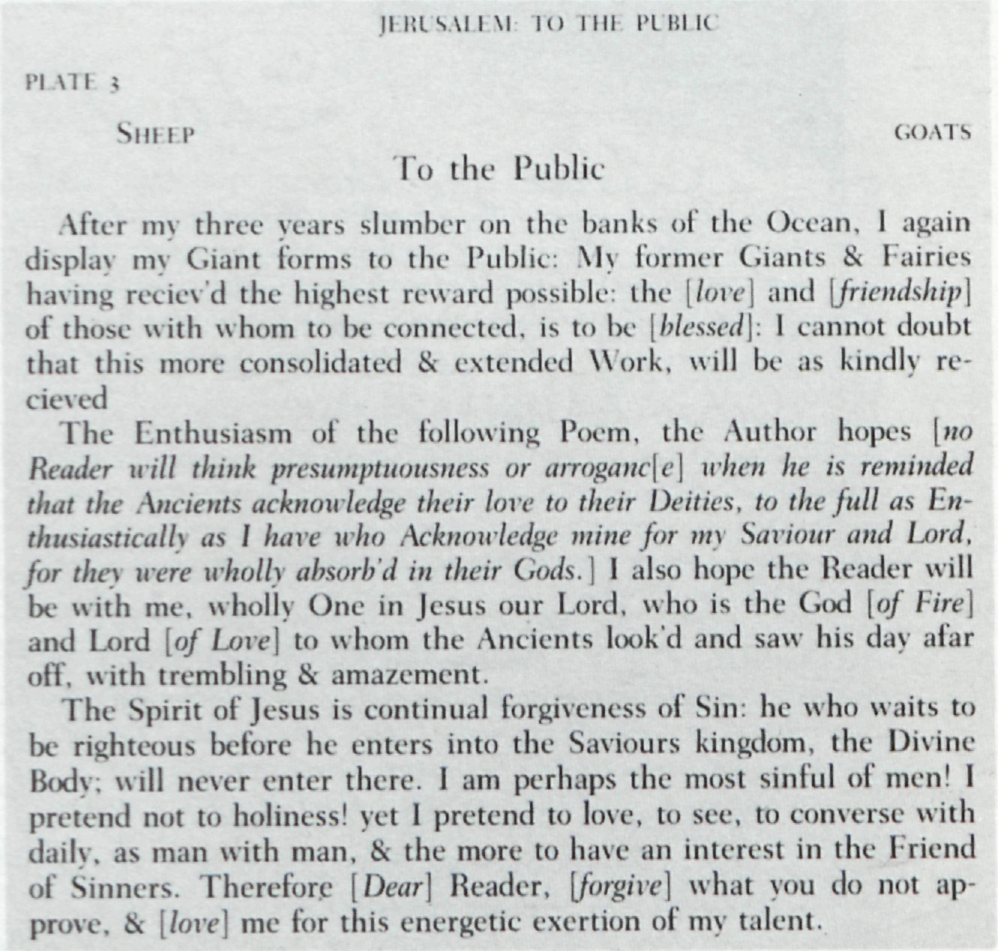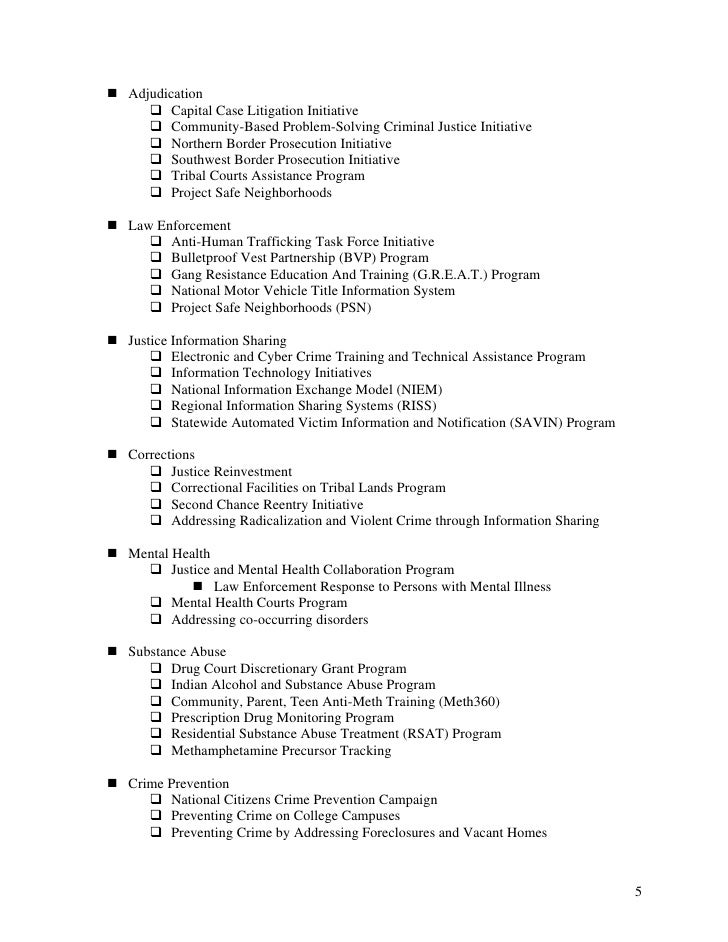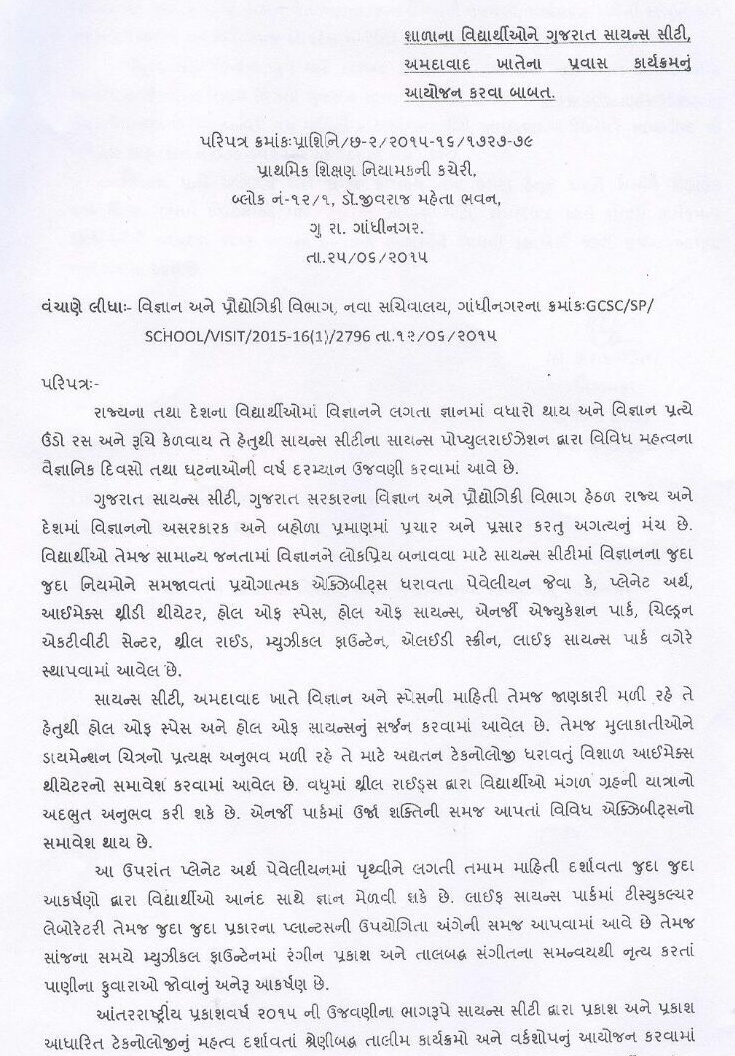Kabuki - SamuraiWiki - Samurai Archives.
In the olden days, popular kabuki was performed by selected sites in big cities ove Edo (present day Tokyo), Osaka and Kyoto. Regional versions of kabuki also took place in rural cities. These days, kabuki plays happen to be most very easily enjoyed in selected theatres. A times performance is normally didvided into 2 or 3 segments( one in.
Kabuki is a theatrical art form of sophisticated and stylized beauty, from the performances and music to its stage sets and costumes. Fostered in the flourishing culture of the townspeople and the merchant class of the Edo period (1603-1867), Kabuki is a constantly evolving art form that has responded with great sensitivity to the changing times, taking on new challenges as it grows and.
Kabuki: A Japanese Form Essay, Research Paper Kabuki: A Japanese Form Japan’s dances and dramas as they are seen today contain 1300 years of continuous uninterrupted history. This prodigious feat of conservation, theatrically speaking, makes Japan an extraordinary and unique country. In all of Asia, where tradition generally is sanctified and.
For me, this was a different definition of music. As I said, the traditional Kabuki form of music doesn’t rely on written melodies, and is perhaps more akin to the work of a foley artist in film post-production, or the sound designer in films such as Hitchcock’s, or the work of Walter Murch on THX 1138 (1971), or the work of contemporary.
The Importance of Censorship Censorship affects our society in many different ways, it affects the music we listen to, the movies we watch, the books we read, and many other aspects of our everyday lives. Even though many might argue that censorship doesn't really have a place in a society that emphases freedom of speech and the freedom to.
The kabuki theater was by far the most frequent subject on Japanese prints during the eighteenth and nineteenth century. Kabuki actors were like the movie celebrities of today, and their fans bought woodblock prints depicting their heroes. The theaters used ukiyo-e to announce new kabuki performances and for.
Kabuki: the popular theater of Japan which developed out of Noh theater in the 17th century. In Kabuki theater, actors use exaggerated and stylized makeup, costumes, gestures, speech, and special effects to portray traditional character roles and story lines. kinesthetic: resulting from the sensation of bodily position, presence, or movement.
Italian opera set the baroque standard. Italian libretti were the norm, even when a German composer like Handel found himself composing the likes of Rinaldo and Giulio Cesare for London audiences. Italian libretti remained dominant in the classical period as well, for example in the operas of Mozart, who wrote in Vienna near the century’s close.
Other posts on the site.
Loss and grief in nursing is a widely discussed psychosocial theory and in this essay we will look at it further in nursing care.Loss is an inevitable part of life, and grief is a natural part of the healing process, or to be defined individually, “Loss is wider than a response to a death, important as that is. It is any separation from someone or something whose significance is such that it.
Upon studying Steven Berkoff as a practitioner I have always profoundly noted that his theories are very hard to define due to their ever changing and versatile nature. The lack of official documentation on Berkoff’s theories makes it especially hard to fully comprehend what exactly the Berkovian performance style involves and dictates.
Kabuki was an elaborate show consisting of music, exaggeration, exciting costumes and dance. They also read haikus, which uses five, seven, and five stanzas to use the senses to describe senses, smells, feelings, or sounds. All in all, culture and art do affect each other. Culture shapes the texture and subject of art, such as religion and portraits. While art affects culture in that it uses.
Dance is an art form that can be seen as a source of entertainment and a means of expression. Throughout history, several types of dance have evolved while still maintaining some of the traditional elements specific to certain genres. Today, there are so many varieties of theatrical dance that can be admired on the stage.
Postmodern dance was an American dance movement during the 1960s and 1970s. Like other cultural phenomenon of the time, it was a rebellion against traditional ideas and assumptions. Postmodernists questioned the established parameters of dance and pushed dance and art to new levels. The movement was short-lived, but it planted the seeds for new.
The word music is a derivation from a Greek word Populous (pronounce as MouseKey), which means the art of the Muses. The creation, performance, significance, and even the definition of music vary according to culture and social context Music ranges from strictly organized compositions (and their recreation in performance), through improvisational music to alternator forms.
















